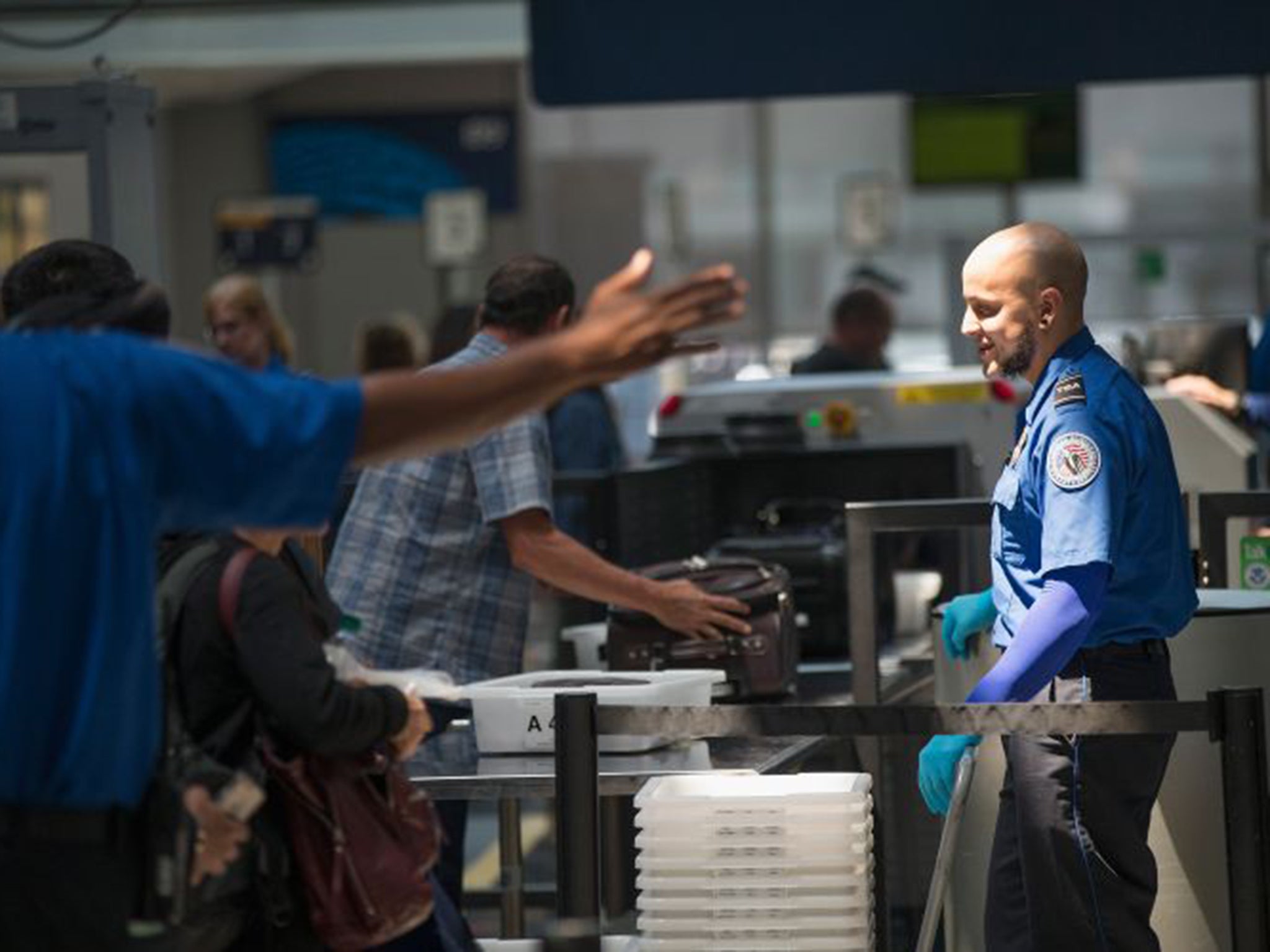Trump administration approves social media checks for visa applicants
The US will roll out tougher visa vetting

Your support helps us to tell the story
From reproductive rights to climate change to Big Tech, The Independent is on the ground when the story is developing. Whether it's investigating the financials of Elon Musk's pro-Trump PAC or producing our latest documentary, 'The A Word', which shines a light on the American women fighting for reproductive rights, we know how important it is to parse out the facts from the messaging.
At such a critical moment in US history, we need reporters on the ground. Your donation allows us to keep sending journalists to speak to both sides of the story.
The Independent is trusted by Americans across the entire political spectrum. And unlike many other quality news outlets, we choose not to lock Americans out of our reporting and analysis with paywalls. We believe quality journalism should be available to everyone, paid for by those who can afford it.
Your support makes all the difference.US visa applicants will have to complete a new questionnaire that requires giving social media handles from the last five years and biographical information from the last 15 years.
The Trump administration approved the harsher vetting process on 23 May, which allows consular officials to ask for applicants’ social media handles, email addresses and phone numbers from the past five years, addresses, employment and travel history going back 15 years, and all previous passport numbers.
A State Department official said that the new questions will be administered when officials determine "that such information is required to confirm identity or conduct more rigorous national security vetting,"
The Office of Management and Budget granted a six-month emergency approval for the questions - the measures are usually in place for three years.
The measures have drawn criticism from various quarters, with many arguing against the need for a more burdensome process.
Babak Yousefzadeh, president of the Iranian American Bar Association, told Reuters: “The United States has one of the most stringent visa application processes in the world. The need for tightening the application process further is really unknown and unclear."
Consular officials have "arbitrary power" to decide who gets a visa hassle-free and who has to undergo the more intense questioning.
Although the new questions are voluntary, failure to provide the information could delay or prevent the processing of an individual visa application according to the form.
President Trump has tried several times to implement a travel ban to stop people from six Muslim-majority countries from entering the US. This was not approved, and a US appeals court recently refused to reinstate the measure, calling it discriminatory.
Since the President took office, much focus has been on improving national security. The US was the first country to implement a ban on laptops in hand luggage for anyone flying from certain countries. The UK soon followed suit with a similar ban.
Join our commenting forum
Join thought-provoking conversations, follow other Independent readers and see their replies
Comments